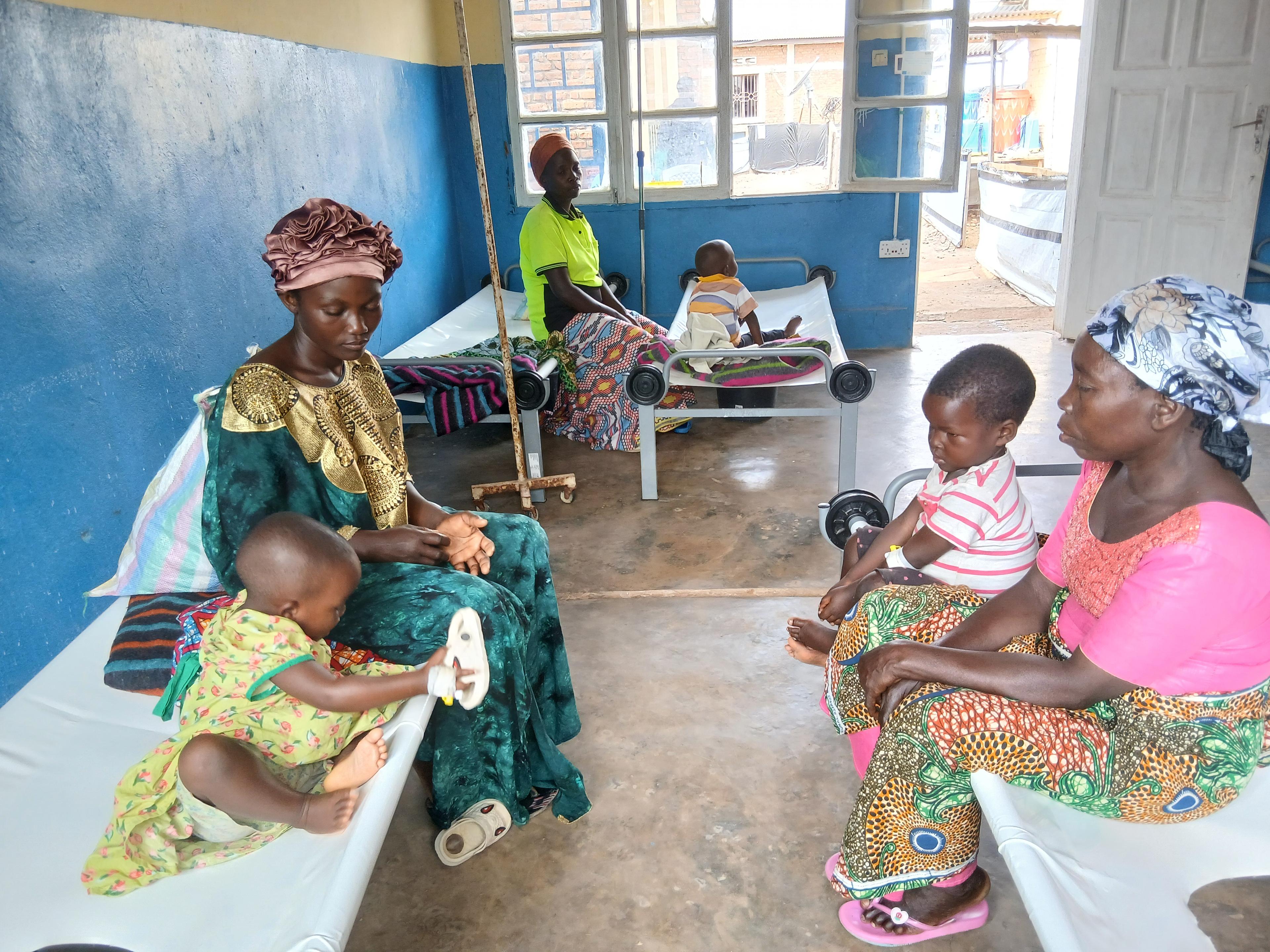Luxembourg War in Middle East
War in Middle East
 Ukraine Emergency Response
Ukraine Emergency Response War in Sudan
War in Sudan

Huge influx of aid urgently needed amid catastrophic conditions in Gaza
Despite the 1 March 2026 deadline for 37 NGOs to leave the Occupied Palestinian Territory, MSF is committed to remaining to provide assistance

What’s Left After the Flames: Four Years of Full-Scale War in Ukraine
Four years after the Russian invasion, the escalation of a conflict that began in 2014 has devastated everything: thousands dead and cities in ruins. Discover the story of lives shattered beneath the rubble, where survival means never being able to return.
How Youth Participation Is Strengthening Adolescent-Friendly Care in Mbare
In Zimbabwe, adolescents often face stigma, fear of judgment, lack of privacy and scarcity of suitable spaces, which discourages them from accessing sexual and reproductive health services.

Sudan: Repeated drone strikes hit civilian areas, MSF treats around 170 people in two weeks
Drone attacks carried out by the Sudanese Armed Forces and Rapid Support Forces are hitting civilian areas and critical infrastructure, including schools, markets, health centers and water points.

South Kivu: MSF responds to worst cholera epidemic in Sangé in five years
After 8 weeks of emergency intervention by Doctors Without Borders in Sangé, in the province of South Kivu, in the east of the Democratic Republic of Congo, the number of cholera patients has decreased by 90%.

MSF launches an emergency response in El Obeid, close to one of Sudan’s most active frontlines
MSF teams have started water and sanitation activities in the main displacement camp of El Obeid, the capital of North Kordofan state, and we are ready to expand healthcare activities in the city and other areas of the Kordofans region.

Forgotten between borders: The critical needs of displaced people in South Sudan
Barely ten years after its independence, South Sudan continues to face multiple crises: conflict, violence, insecurity, and limited access to healthcare. Renowned photographer Nicolò Filippo Rosso has documented this crisis.
Luxembourg2/9/2026
Mapathon: your clicks will make a difference on 25 February!
Would you like to support Médecins Sans Frontières' work from Luxembourg? Join us on Wednesday, 25 February 2026 for our next mapathon at Neimënster.

Displaced and forgotten: Families in northwest Syria face harsh winter conditions
In Syria, despite the end of the war, the population continues to suffer the consequences of fourteen years of conflict. Many have sought refuge in the mountains, with emergency reception camps becoming precarious and long-term living spaces.